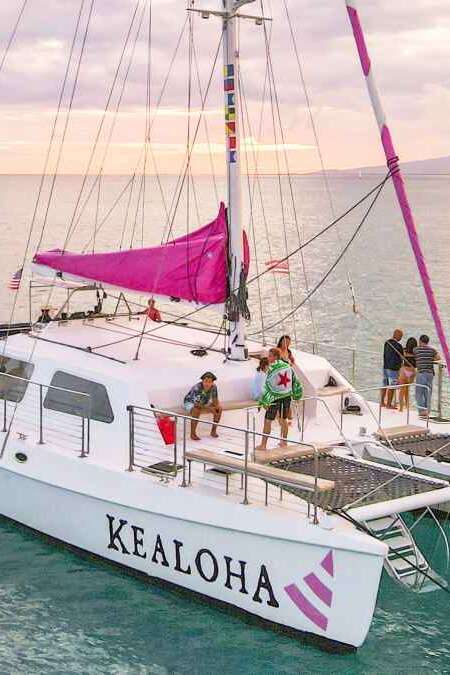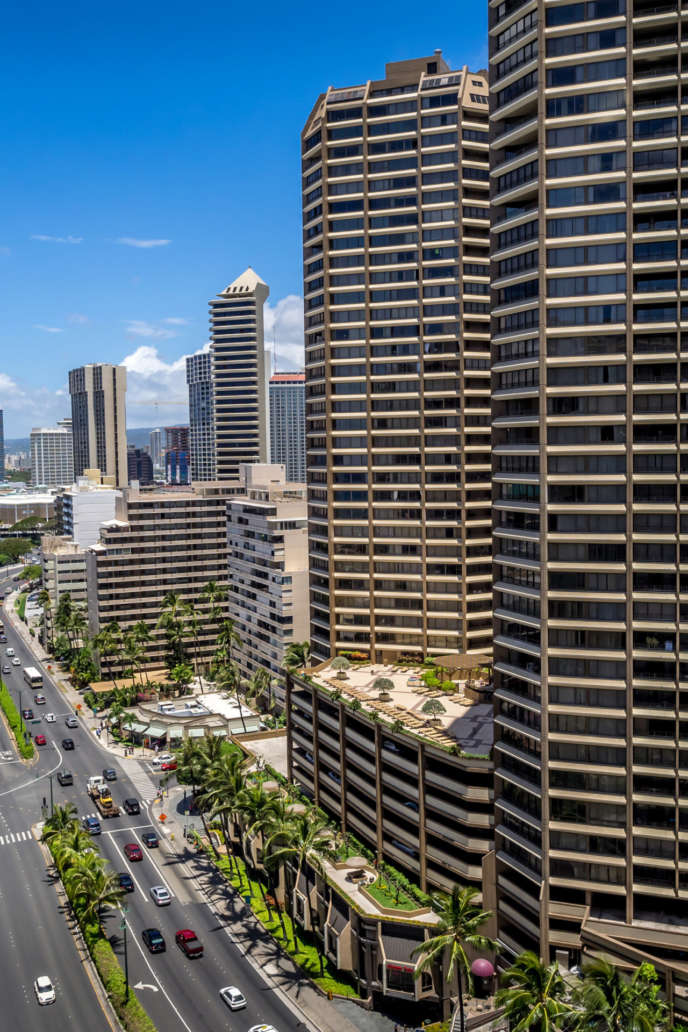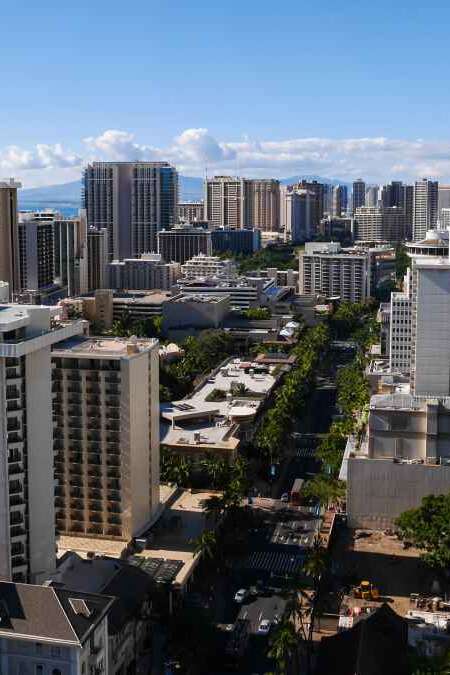The delicate ecosystems along Waikiki’s trails require careful stewardship to remain pristine and accessible for future generations. Eco-friendly hiking practices are essential in preserving the natural beauty and sustainability of these areas. This article aims to provide hikers with insightful guidance on how to enjoy Waikiki’s trails responsibly, emphasizing the importance of minimizing our environmental footprint while exploring the great outdoors.
The Current State of Trails in Waikiki
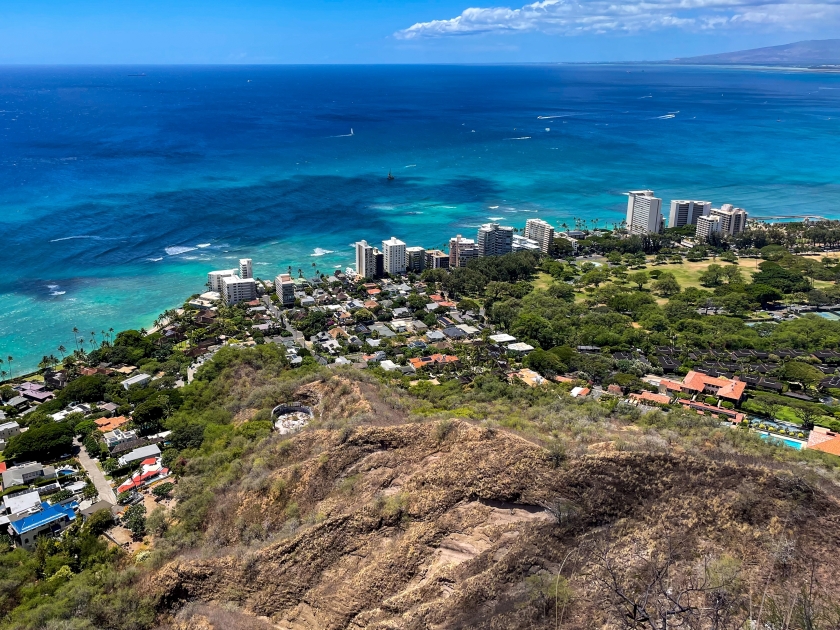
The trails around Waikiki, including the famous Diamond Head Crater and Manoa Falls, offer hikers stunning vistas of Hawaii’s natural splendor. However, these trails face significant environmental challenges, such as erosion due to overuse and litter left behind by visitors, which threaten the fragile ecosystems they traverse. Local organizations and volunteers are actively engaged in efforts to preserve these pathways, implementing measures such as regular clean-ups, installation of erosion control features, and educational programs aimed at raising awareness among hikers about the importance of maintaining the health of these vital natural resources.
Best Practices for Eco-Conscious Hiking
To hike responsibly in Waikiki’s delicate environments, adhering to eco-conscious practices is paramount. Sticking to marked trails is crucial to prevent soil erosion that can degrade habitats and scenic beauty. Additionally, hikers should ensure all trash is carried out and strive to minimize waste—practices that not only keep the trails clean but also protect the wildlife and plant life that depend on these ecosystems. Moreover, opting for eco-friendly hiking gear made from biodegradable materials and utilizing renewable energy sources like solar chargers can significantly reduce the environmental impact of outdoor activities.
Leave No Trace Principles
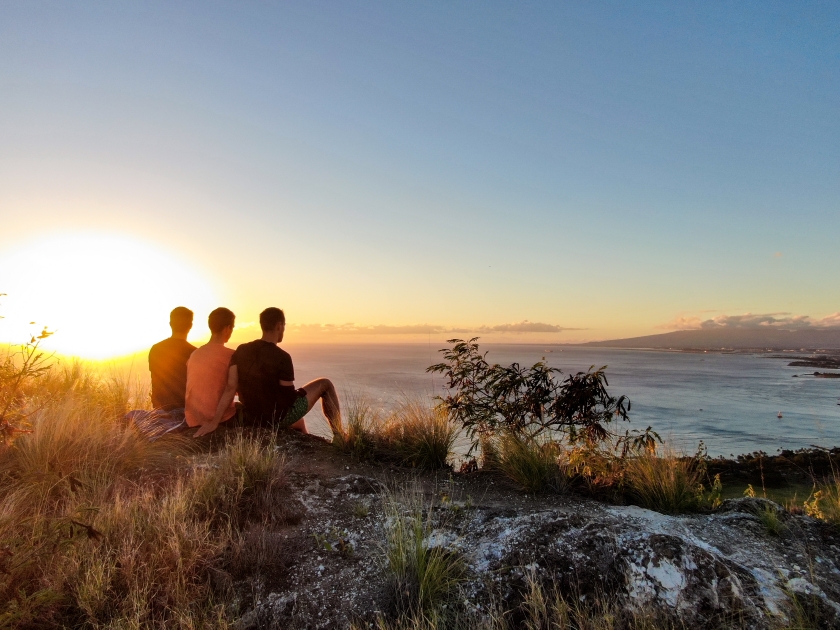
The Seven Leave No Trace Principles are essential guidelines designed to minimize the environmental impact of hikers. These include planning, staying on trails, disposing of waste properly, leaving what you find, minimizing campfire impacts, respecting wildlife, and being considerate of other visitors. On Waikiki’s trails, these principles can be practiced by planning routes that minimize erosion, packing all trash out—including biodegradable items—to prevent pollution, and observing wildlife at a respectful distance to avoid disturbing their natural behaviors.
Participating in Trail Maintenance and Conservation Efforts
Hikers can actively participate in local conservation efforts by joining trail maintenance events and volunteer programs organized by local environmental groups. These events often include activities such as clearing invasive species, repairing trail surfaces, and installing signage or barriers to protect sensitive areas. Participating in these efforts not only helps preserve the natural landscape but also fosters a sense of community and stewardship among participants, ultimately benefiting both the environment and the people who enjoy it.
Eco-Friendly Hiking Resources in Waikiki
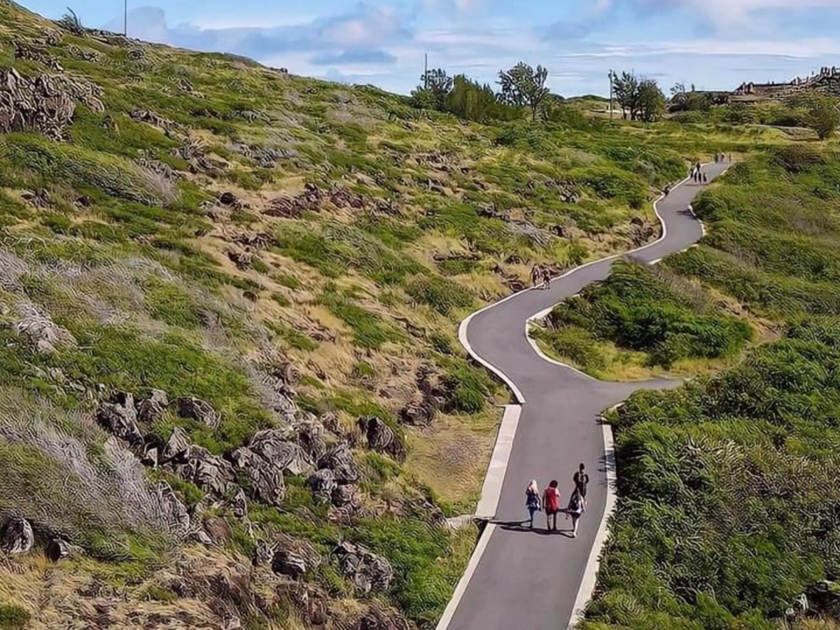
A variety of organizations and resources are available to assist eco-conscious hikers in Waikiki. Groups such as the Hawai’i Nature Center and the Oahu Trails and Access Committee offer educational programs and volunteering opportunities. For eco-friendly gear, shops like Patagonia and local rental outlets provide options for sustainable apparel and equipment. Additionally, educational resources about environmental conservation are available through local environmental NGOs and online platforms, helping hikers learn how to reduce their footprint while exploring the natural beauty of Waikiki.
Preserve Waikiki’s Natural Heritage Through Responsible Hiking
As we marvel at the stunning beauty of Waikiki’s trails, it’s crucial to recognize that our actions directly influence the health and sustainability of these natural treasures. By adopting eco-friendly hiking practices, each one of us contributes to preserving the environment for future generations. Let’s unite in our efforts to keep Waikiki pristine; commit today to being a steward of the environment every time you set out on a hike.


